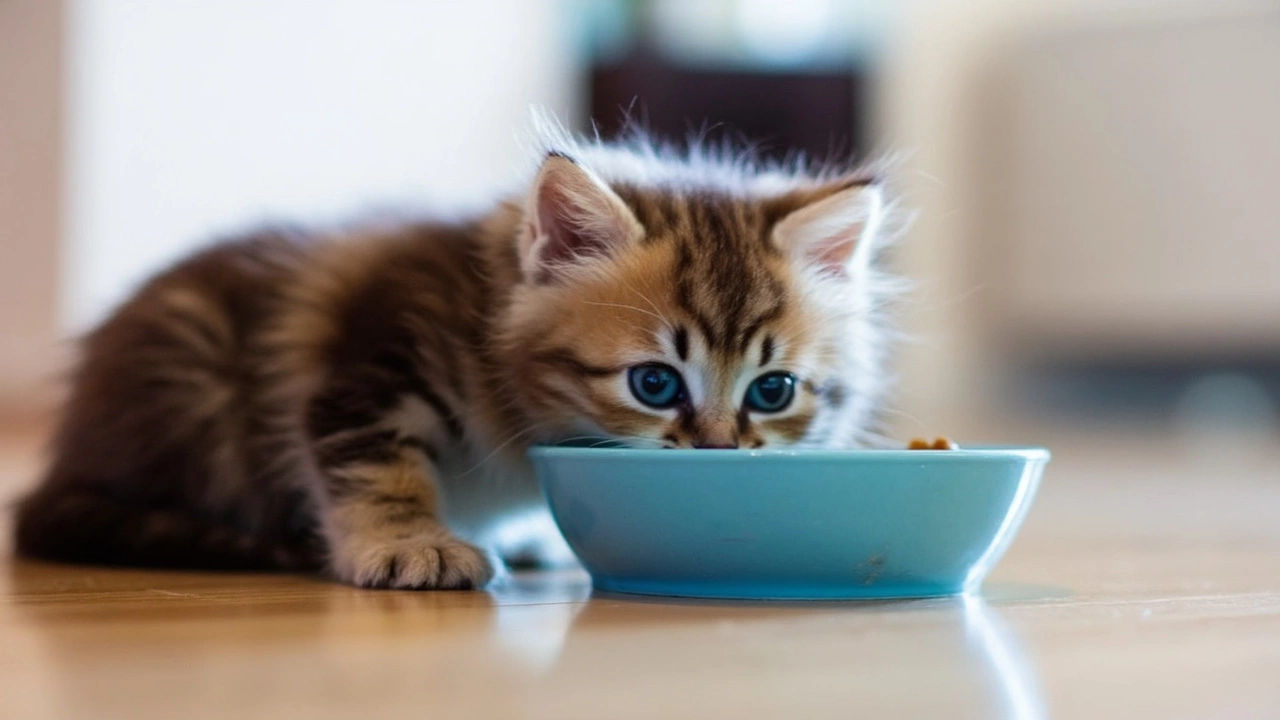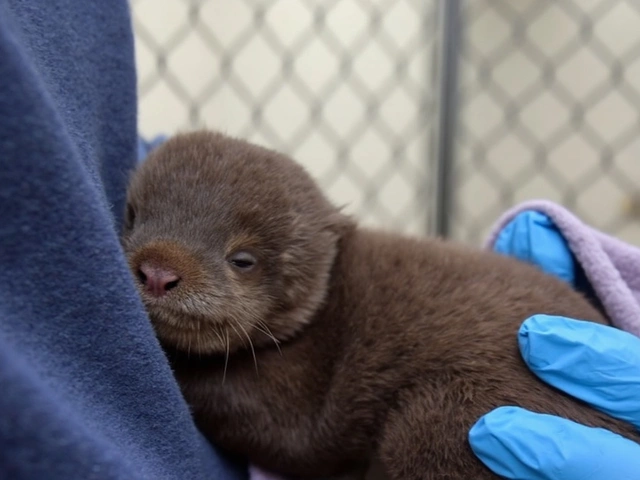Pet Food Recall in the Wake of Bird Flu Concerns
Northwest Naturals is in the spotlight as it recalls a batch of its raw turkey pet food after a cat's death was linked to bird flu. This significant development followed the detection of the avian influenza virus, specifically the H5N1 strain, in their 2-pound Feline Turkey Recipe raw frozen pet food. The Oregon Department of Agriculture confirmed that a household cat had contracted the virus from consuming the product and sadly succumbed to the illness.
The affected batches, labeled with 'best if used by' dates of May 21, 2026, and June 23, 2026, were distributed across the United States and parts of British Columbia. This recall has amplified the ongoing discussions and concerns regarding the spread of bird flu not only amongst animals but also in humans. The Centers for Disease Control and Prevention (CDC) noted severe human cases in Louisiana linked to backyard poultry and additional cases in Missouri and California.
Consumer Safety and Expert Recommendations
Pet owners are being urged to act promptly by discarding the recalled product and seeking refunds from Northwest Naturals. Cats or any pets that exhibit symptoms such as fever, lethargy, inflammation in the eyes, or neurological signs should receive immediate veterinary attention. Despite the seemingly low risk to the general public, experts highlight that the mortality rate in cats can be pronounced.
Consumers are reminded of the necessity to handle raw pet food with care. Northwest Naturals advises cooking poultry to at least 165° Fahrenheit, which effectively neutralizes the virus. The recall also comes in the wake of other incidents, such as a raw milk recall in California after two cats died and a previous recall involving another raw turkey pet food product in December.
Experts warn that while dogs appear less susceptible, cats are particularly at risk when it comes to bird flu. They strongly recommend against feeding pets raw diets, especially given there is currently no vaccine available for cats. Additionally, keeping cats indoors is suggested to limit their exposure to potential live virus carriers.





